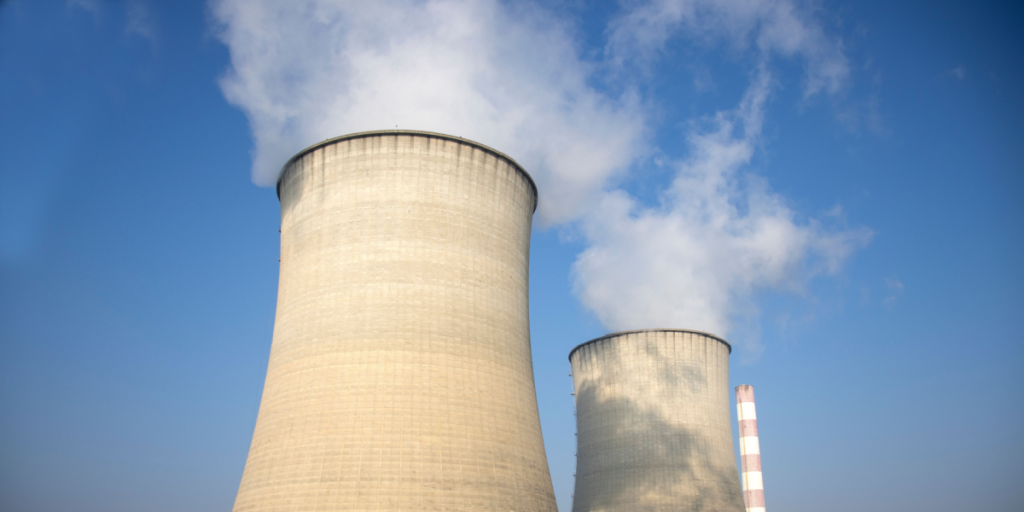The European Union is preparing for a massive expansion in nuclear energy, with plans to boost capacity by 2050. But with high costs, delays, and investor hesitation, Brussels faces key financing hurdles.
Others are reading now
For the European Union, energy security and climate goals are increasingly converging on one powerful source: nuclear.
As the bloc seeks to decarbonize its power grid and reduce dependency on foreign energy, a new plan reveals the extent—and cost—of its nuclear ambitions.
A Massive Investment in Capacity
A draft report by the European Commission, set to be published Friday, outlines the bloc’s intention to increase nuclear energy capacity from 98 gigawatts today to 109 GW by 2050.
This expansion will require a staggering €241 billion in total investment: €205 billion for building new plants and €36 billion to extend the life of existing reactors.
Also read
Currently, nuclear power supplies roughly 24% of the EU’s electricity.
However, with recent projects plagued by budget overruns and multi-year delays, attracting private capital has proven challenging. To counter this, the Commission suggests combining public and private funding with new financial tools aimed at reducing risk and making investment more appealing.
According to the draft, even a five-year delay in implementation could add another €45 billion to total project costs.
Political Shifts and Financial Tools
France, Europe’s leading proponent of nuclear power with 70% of its electricity sourced from atomic energy, has long pushed for favorable policy. Germany, which shut down its last nuclear plants, has historically resisted treating nuclear as equal to renewables.
That stance appears to be softening. A recent French government statement suggests Berlin no longer opposes classifying nuclear energy alongside renewables in EU law.
To support the transition, the Commission and European Investment Bank plan to launch a €500 million pilot program for electricity purchase contracts that would be open to nuclear projects.
Twelve EU countries currently operate nuclear reactors. Slovakia and Hungary are building more, while nations like Poland are preparing to launch their first.
The nuclear future of Europe, as reported by Digi24, now depends on balancing bold ambition with financial realism.


